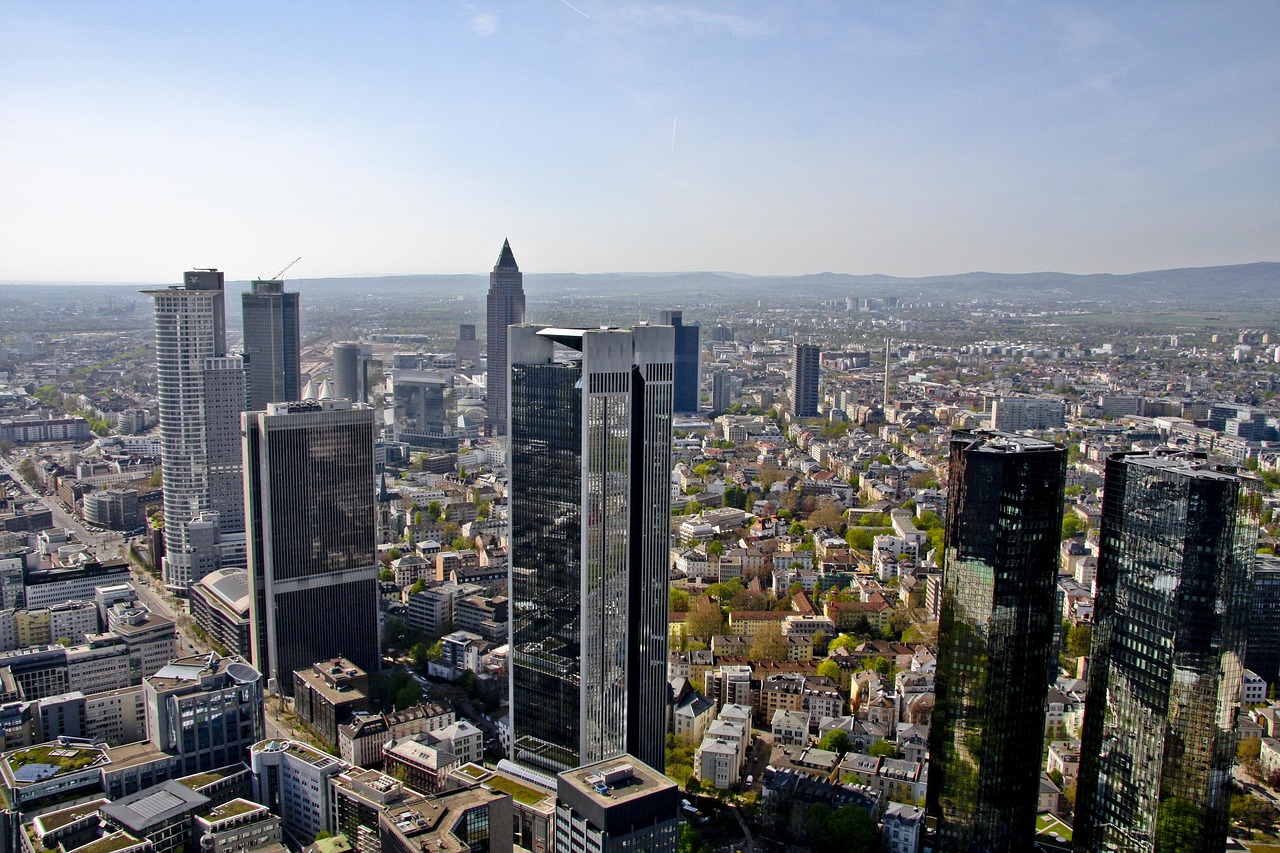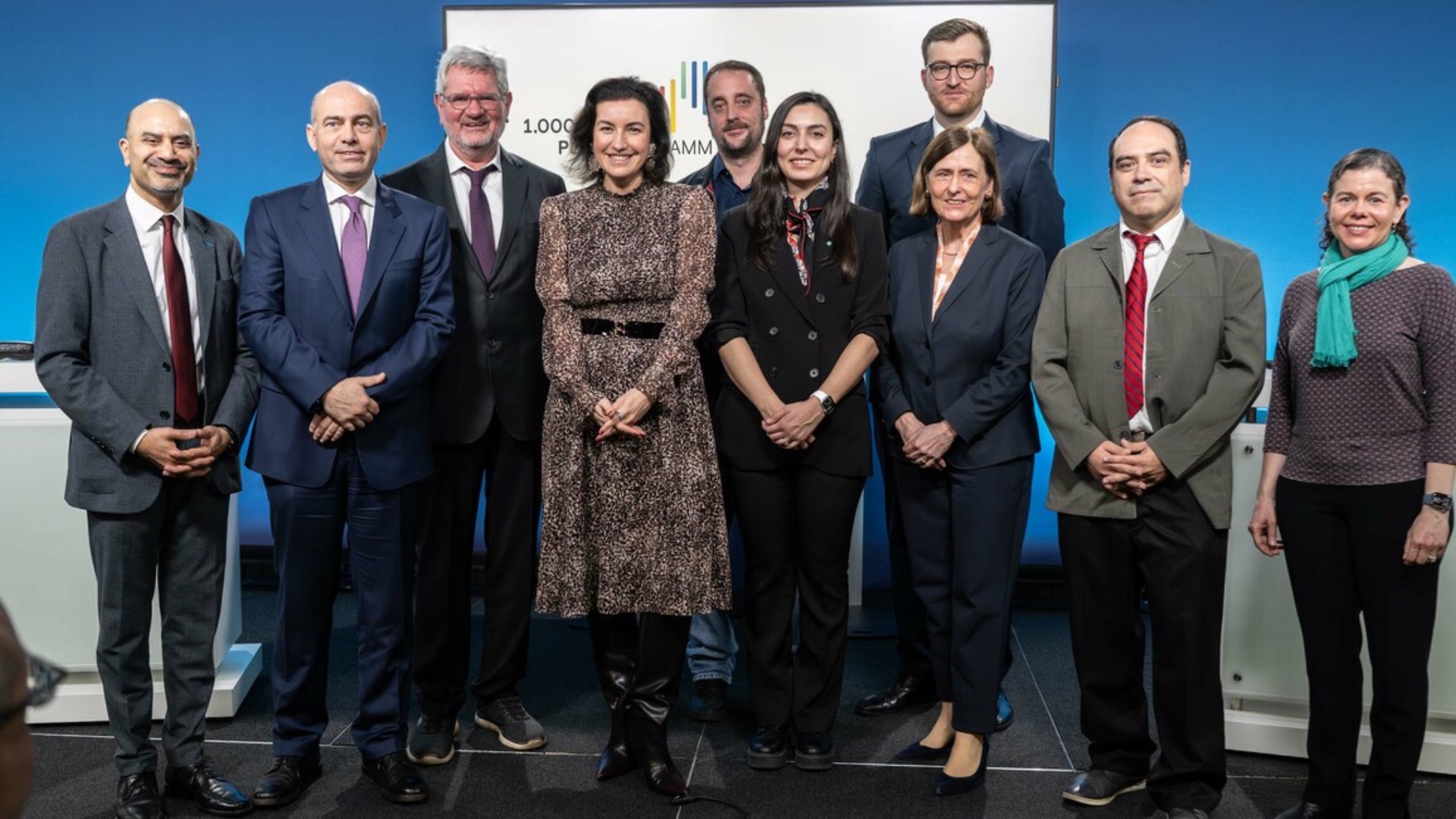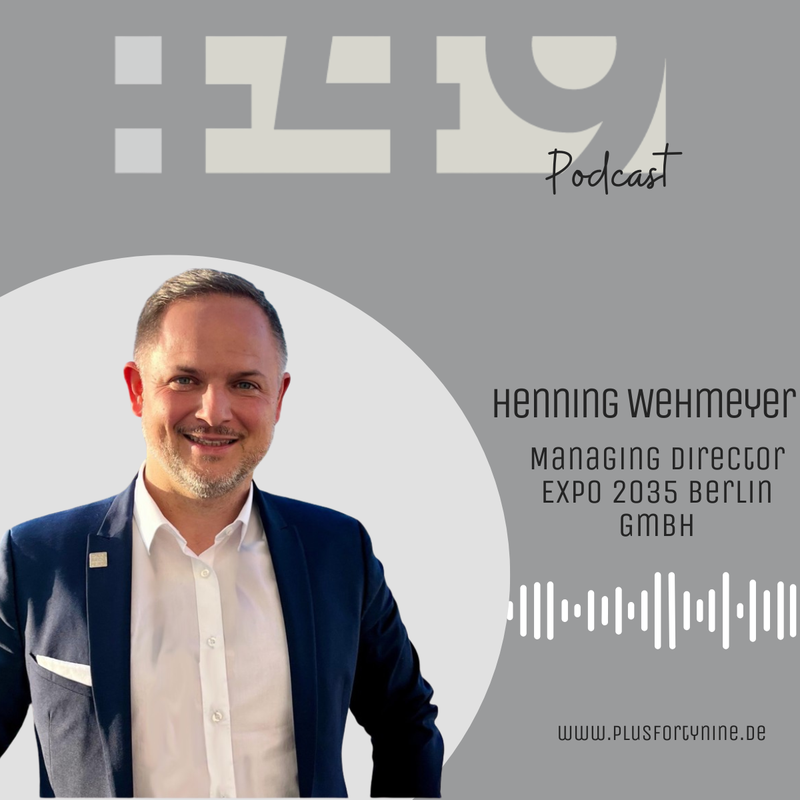As Germany faces growing shortages of qualified workers, two cities—Frankfurt and Rostock—are pioneering tailored approaches to attract and retain skilled professionals, each addressing unique local challenges while sharing a common goal: strengthening their economies through global talent.
Frankfurt’s SMEs Recruit Globally Amid Bureaucratic Hurdles
At a recent event hosted by the Frankfurt Welcome & Information Center (FWIC) and the Chamber of Industry and Commerce (IHK), around 40 representatives from small and medium-sized enterprises (SMEs) explored how to successfully recruit and integrate international specialists. Mayor and Diversity Commissioner Nargess Eskandari-Grünberg emphasized the dual economic and social benefits of welcoming global talent, highlighting the city’s commitment to fostering an inclusive environment.
Yet significant barriers remain. IHK President Ulrich Caspar noted that 45% of local firms see the shortage of skilled workers as a severe risk and stressed that bureaucratic delays and visa complications hinder hiring, particularly for international graduates in shortage professions. Participants called for digitizing procedures and simplifying regulations to foster sustainable growth through international recruitment.
Rostock’s “Work & Wave” Invites Expats Back to the Coast
Meanwhile, Rostock in Mecklenburg-Vorpommern addresses a different challenge: reversing the outflow of locally trained professionals to bigger cities. The IHK Rostock organized a “Work and Wave” returnee day at the picturesque Warnemünde beach, combining job fair and regional branding with a relaxed atmosphere designed to reconnect with former residents and commuters.
Forty companies from industries including shipbuilding, healthcare, and cruise tourism showcased diverse opportunities, inviting talented workers to trade city life for Rostock’s coastal quality of life. The event signals how regional initiatives can creatively engage potential employees and highlight local advantages beyond salaries.
Local Solutions, National Impact
While Frankfurt pursues international recruitment as a necessity for its bustling economy, Rostock focuses on talent retention and repatriation to combat demographic shifts and urban migration. Both cities illustrate how dynamic, place-based strategies form essential components of Germany’s broader response to the national skill shortage, laying foundations for more inclusive, resilient workforce development.frankfurt.de, ndr.de














